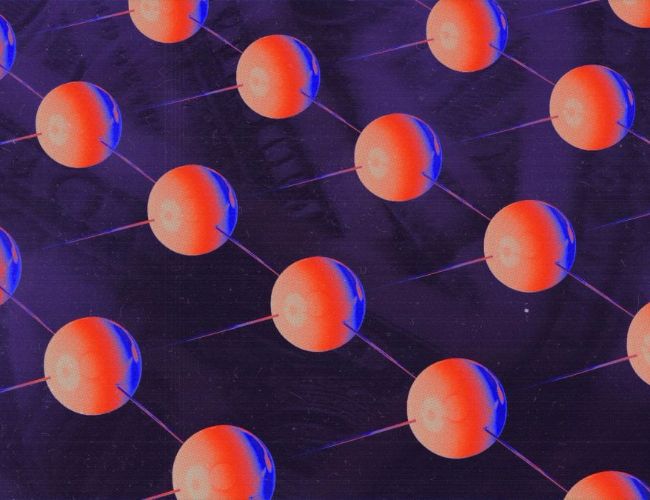[ad_1]
LONDON, Oct 3 (Reuters) – Global bank messaging network SWIFT will trial live transactions of tokenised assets and digital currencies next year, it said on Thursday, the latest step in the currently slow-moving integration of such assets into the wider financial system.
Banks and asset managers have been exploring “tokenising” traditional assets like bonds for several years.
They hope that by using digital units – usually blockchain-based tokens that represent a share of the underlying asset – trading can be quicker, cheaper and more efficient, including by cutting out middlemen involved in many transactions.
So far, however, these have failed to gain substantial traction in the wider market.
Around 90% of the world’s central banks are also testing
central bank digital currencies (CBDCs), digital versions of fiat money, that facilitate trading of tokenised assets. Monetary authorities are trying to get on top of technological advances that have enabled cryptocurrencies like bitcoin.
SWIFT, which plays a crucial role in global banking, has been engaged in trials of both CBDCs and tokenised assets. In March said it would launch a new platform to connect CBDCs currently in development to the existing financial system.
“Now we see industry demand to move out of that (trial) phase and see a digital asset really move, and have a counterparty pay them in real money against that,” said Nick Kerigan, SWIFT’s head of innovation.
“That’s the stage that we are moving to next year, albeit in a controlled way.”
While the potential is large, the market’s fragmented nature is holding it back and very few initiatives have progressed outside banks’ own internal systems.
Similarly, central banks are testing wholesale CBDCs for cross border payments, but within small groups.
The latest SWIFT initiative involves different types of digital assets in combination across different platforms.
“To successfully trade and settle a tokenised bond transaction, you need the cash and that’s where a tokenised deposit or wholesale CBDC comes in,” said Kerigan.
“It’s not good enough if you just have delivery or just payment, you need both.”
[ad_2]

